Finite Element Methods
Filter by
SubjectRequired *
LanguageRequired *
The language used throughout the course, in both instruction and assessments.
Learning ProductRequired *
LevelRequired *
DurationRequired *
SubtitlesRequired *
EducatorRequired *
Results for "finite element methods"
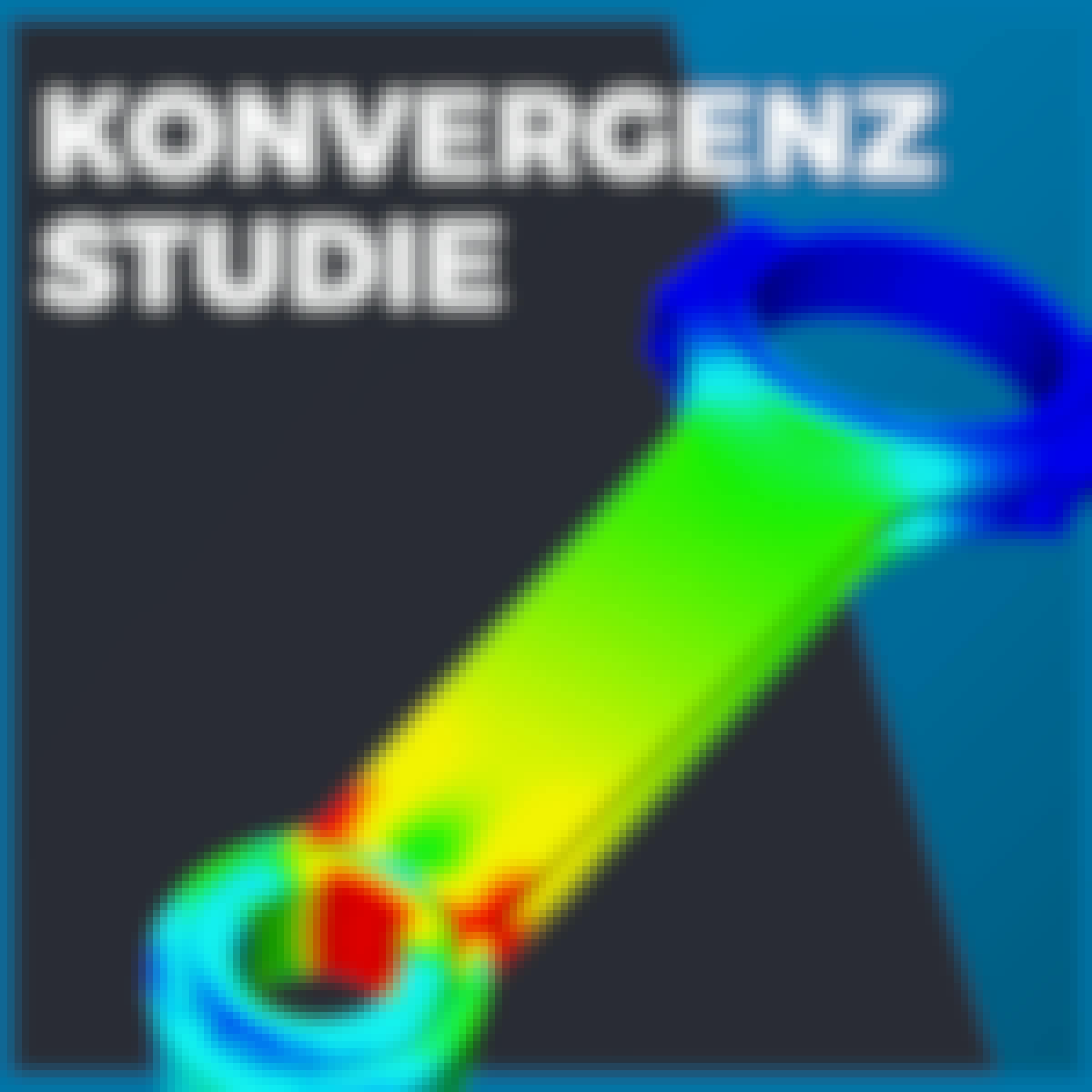 C
CCoursera Project Network
Skills you'll gain: Finite Element Methods, Simulation and Simulation Software, Simulations, Mathematical Modeling, Engineering Analysis, 3D Modeling, Scientific Visualization, Cloud Computing, Structural Analysis
Beginner · Guided Project · Less Than 2 Hours
 U
UUniversity of California, Berkeley
Skills you'll gain: User Research, Stakeholder Analysis, Materials science, Exploratory Data Analysis, Design Research, Java Programming, Semiconductors, Matplotlib, Pandas (Python Package), Medical Devices, Finite Element Methods, Team Leadership, Energy and Utilities, Control Systems, Environmental Engineering, Radiation Protection, Structural Engineering, Vibrations, Engineering Analysis, Linear Algebra
Earn a degree
Degree · 1 - 4 Years
 Status: PreviewPreviewI
Status: PreviewPreviewIISAE-SUPAERO
Skills you'll gain: Finite Element Methods, Structural Analysis, Vibrations, Engineering Analysis, Mathematical Modeling, Mechanical Engineering, Linear Algebra, Numerical Analysis, Applied Mathematics, Control Systems, Differential Equations
4.4·Rating, 4.4 out of 5 stars13 reviewsIntermediate · Course · 1 - 3 Months
 U
UUniversidad de los Andes
Skills you'll gain: Structural Analysis, Engineering Analysis, Engineering Calculations, Finite Element Methods, Civil Engineering, Mathematical Modeling, Numerical Analysis, Python Programming, NumPy, Linear Algebra, Simulation and Simulation Software, Plot (Graphics)
Advanced · Course · 1 - 3 Months
 Status: PreviewPreviewP
Status: PreviewPreviewPPontificia Universidad Católica de Chile
Skills you'll gain: Engineering Analysis, Engineering Calculations, Numerical Analysis, Finite Element Methods, Chemical Engineering, Simulation and Simulation Software, Differential Equations, Applied Mathematics, NumPy, Mathematical Modeling, Scientific Visualization, Python Programming, Plot (Graphics), Algorithms
Intermediate · Course · 1 - 3 Months
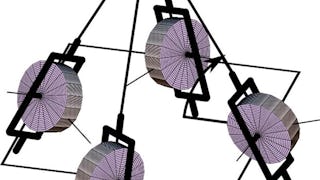 Status: Free TrialFree TrialU
Status: Free TrialFree TrialUUniversity of Colorado Boulder
Skills you'll gain: Engineering Analysis, Vibrations, Mechanics, Finite Element Methods, Differential Equations, Control Systems, Applied Mathematics, Mathematical Modeling, Linear Algebra, Calculus
4.8·Rating, 4.8 out of 5 stars11 reviewsAdvanced · Course · 1 - 4 Weeks
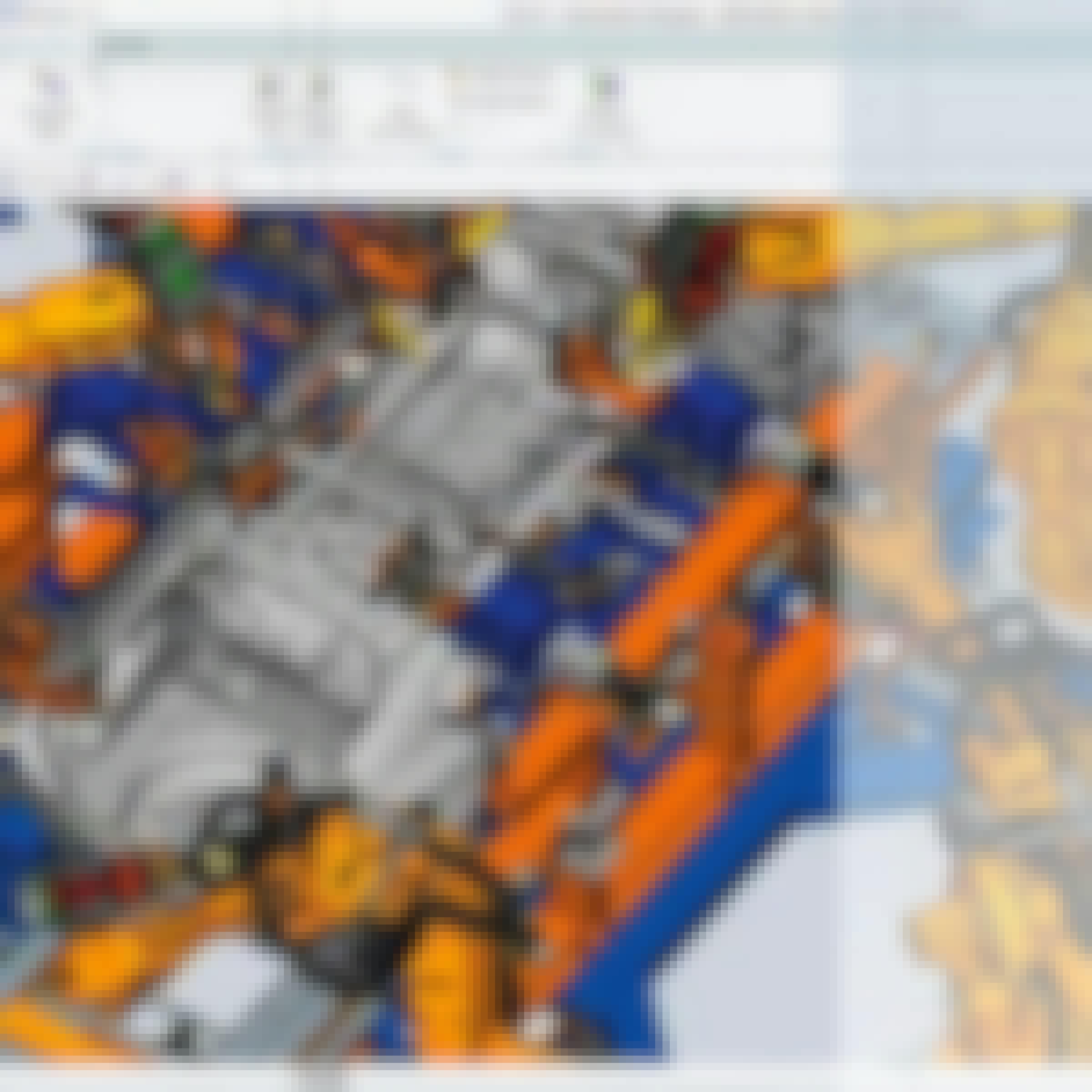 Status: PreviewPreview
Status: PreviewPreviewSkills you'll gain: Assembly Drawing, Finite Element Methods, Mechanical Design, Drafting and Engineering Design, 3D Modeling, Computer-Aided Design, Technical Design, Engineering Software, Simulations
4.5·Rating, 4.5 out of 5 stars36 reviewsIntermediate · Course · 1 - 4 Weeks
 Status: PreviewPreviewT
Status: PreviewPreviewTTechnical University of Denmark (DTU)
Skills you'll gain: Jupyter, Medical Imaging, 3D Modeling, Image Analysis, Finite Element Methods, Numerical Analysis, Data Cleansing, Mathematical Modeling, Materials science, Simulation and Simulation Software, Engineering, Scientific, and Technical Instruments, Python Programming, Applied Mathematics
4.7·Rating, 4.7 out of 5 stars65 reviewsMixed · Course · 1 - 3 Months
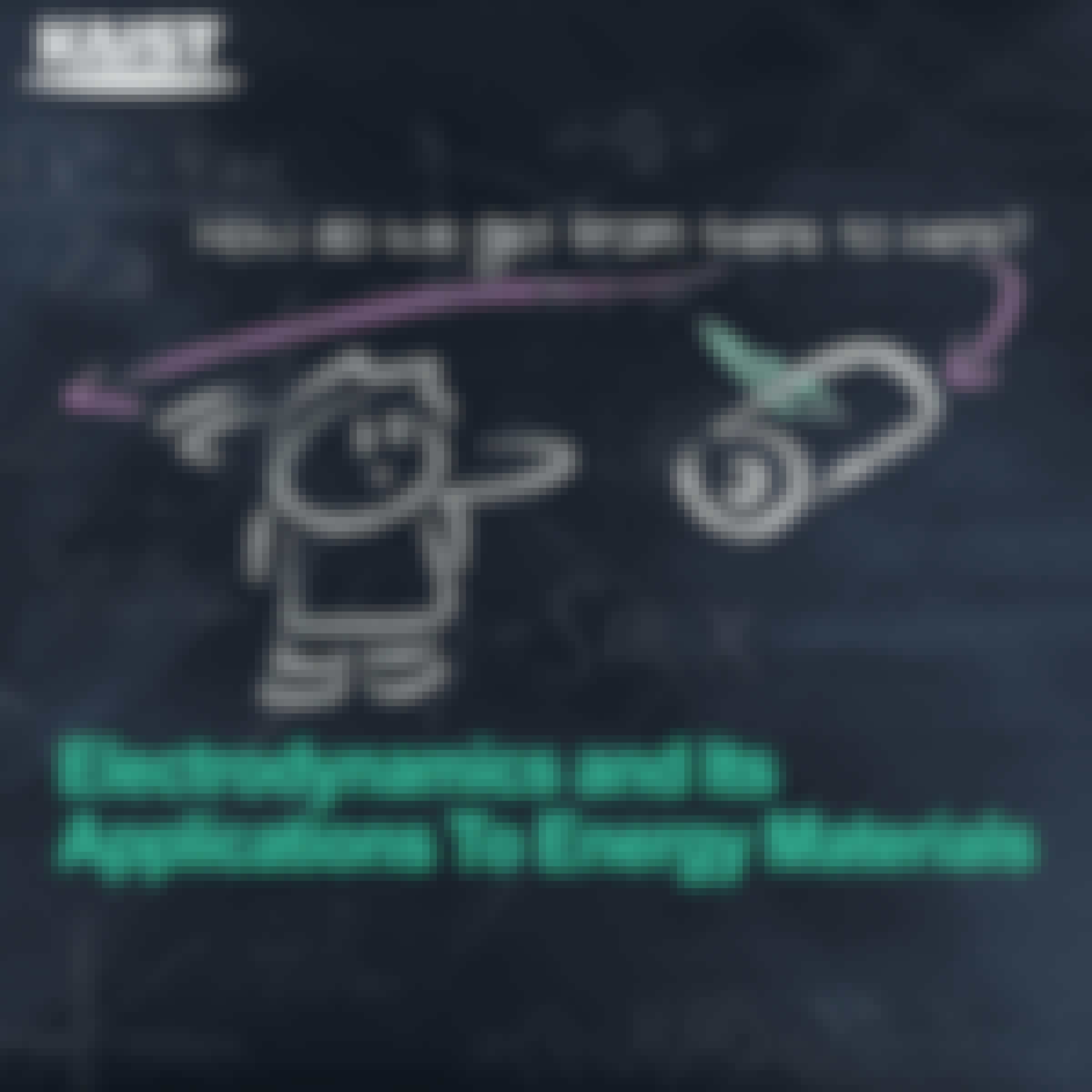 Status: Free TrialFree TrialK
Status: Free TrialFree TrialKKorea Advanced Institute of Science and Technology(KAIST)
Skills you'll gain: Electrical Engineering, Electronic Components, Materials science, Engineering Analysis, Finite Element Methods, Applied Mathematics, Scientific Visualization, Engineering Calculations, Semiconductors, Differential Equations, Physics, Energy and Utilities, Mathematical Modeling, Calculus
4.8·Rating, 4.8 out of 5 stars168 reviewsAdvanced · Course · 1 - 3 Months
Most popular
- Status: Free TrialFree Trial
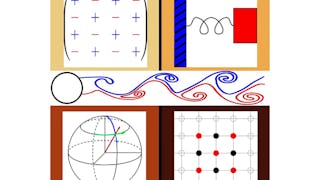 T
TThe Hong Kong University of Science and Technology
Specialization
- Status: PreviewPreview
 C
CCoursera Instructor Network
Course
Trending now
 Status: Free TrialFree TrialT
Status: Free TrialFree TrialTThe Hong Kong University of Science and Technology
Specialization
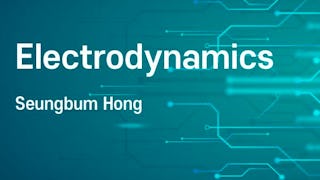 Status: Free TrialFree TrialK
Status: Free TrialFree TrialKKorea Advanced Institute of Science and Technology(KAIST)
Specialization
 Status: Free TrialFree TrialU
Status: Free TrialFree TrialUUniversity of Minnesota
Specialization
 Status: PreviewPreviewU
Status: PreviewPreviewUUniversity of Michigan
Course
New releases
 Status: Free TrialFree TrialU
Status: Free TrialFree TrialUUniversity of Minnesota
Course
 Status: PreviewPreviewK
Status: PreviewPreviewKKorea Advanced Institute of Science and Technology(KAIST)
Course
 Status: Free TrialFree TrialU
Status: Free TrialFree TrialUUniversity of Minnesota
Specialization







